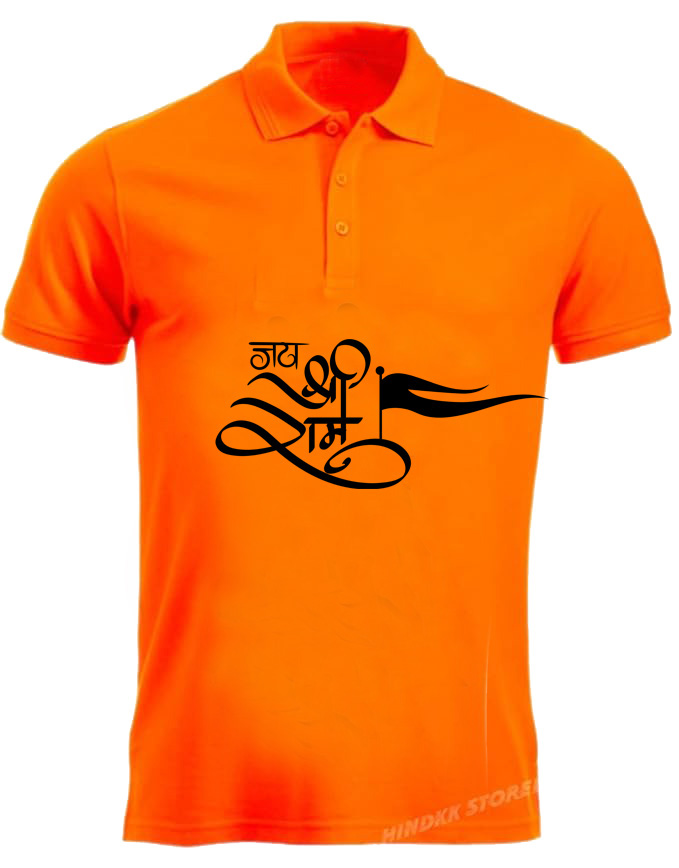Pratibha Devisingh Patil is an Indian politician who served as the President of India from 2007 to 2012. She was the first woman to hold this position, and her tenure was marked by a number of significant events and initiatives.
Patil was born on December 19, 1934, in the village of Nadgaon, Maharashtra. She received her early education at local schools and went on to earn a bachelor’s degree in arts and a law degree from the University of Bombay. After completing her education, she began practicing law and also became involved in politics.
In the early 1970s, Patil was elected to the Maharashtra Legislative Assembly, where she served as a member for several years. She later became a member of the Rajya Sabha, the upper house of the Indian Parliament, and served as a minister in the government of Maharashtra.
In 2007, Patil was nominated by the Indian National Congress party to run for President of India. She won the election and was sworn in on July 25, 2007, becoming the first woman to hold this position. During her tenure, she focused on a number of important issues, including education, women’s empowerment, and the promotion of scientific and technological development.
One of Patil’s major initiatives was the establishment of the Pratibha Mahila Bank, a public sector bank that is dedicated to the economic empowerment of women. She also supported the creation of the National Mission for Empowerment of Women, which aims to ensure that women have equal access to opportunities and resources.
In addition to her work on domestic issues, Patil also played an important role in strengthening India’s international relations. She made several official visits to other countries and worked to enhance cooperation with other nations on a range of issues, including trade, climate change, and regional security.
Overall, Patil’s presidency was marked by a commitment to social justice and the promotion of the welfare of all citizens. After completing her term in 2012, she returned to private life and remains an influential figure in Indian politics.







